Three years have passed since the Cities-4-People project started. The end of May should have marked the end of the project’s activities, however, the pandemic has changed the plans and Cities-4-People will now be extended for six more months.
Looking back at what was done so far, we can already acknowledge great results. Three years ago the Citizen Mobility Communities were formed to co-create real-world solutions to tackle local transport challenges. Now, the communities have brand-new services in place. In Oxfordshire, a free demand-responsive minibus service connects neighbouring villages and allows the citizens to reach different desirable destinations. Budapest has introduced multiple Mobility Points in different locations around the city, creating hubs where citizens can pick up their preferred sustainable mode of transport. In Hamburg, 60 bike racks specifically designed to host cargo bikes are now installed in the city. Trikala supports users with mobility impairments by providing motorized wheelchairs that can now cover greater distances. Finally, Üsküdar has improved public green areas, introducing new pathways and electric cars to allow people with disabilities to also access the parcs.
In the next six months, with citizens gradually going back to their daily life, the plan is to complete the impact evaluation of the interventions and to gather recommendations, knowledge and best-examples for other cities to replicate. Follow the updates!
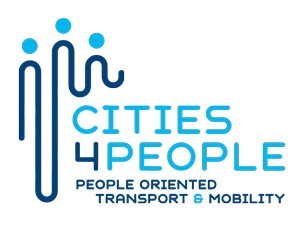
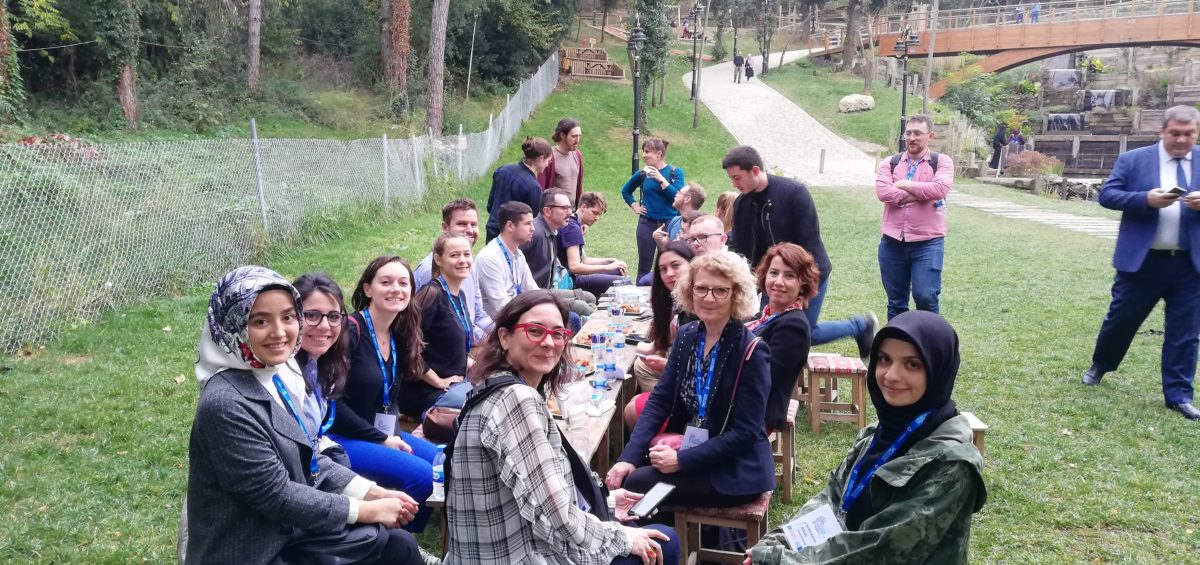


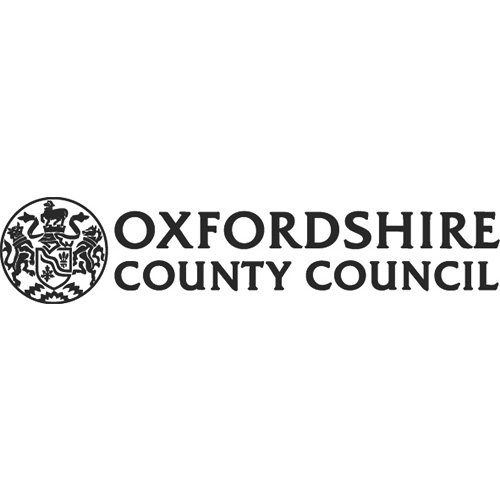






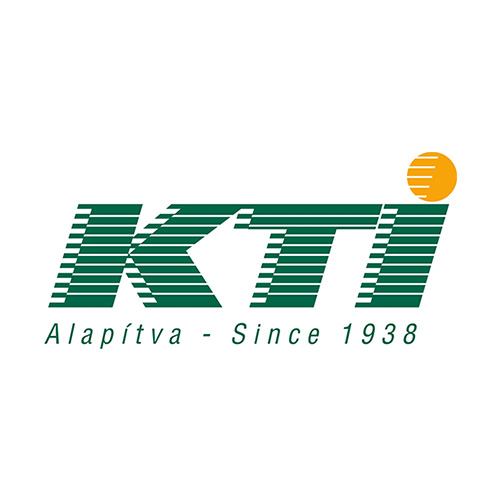
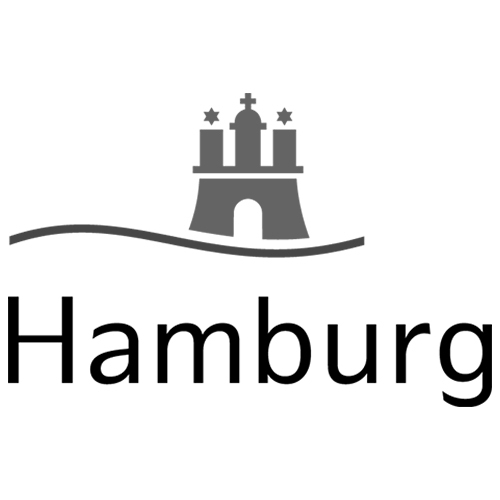
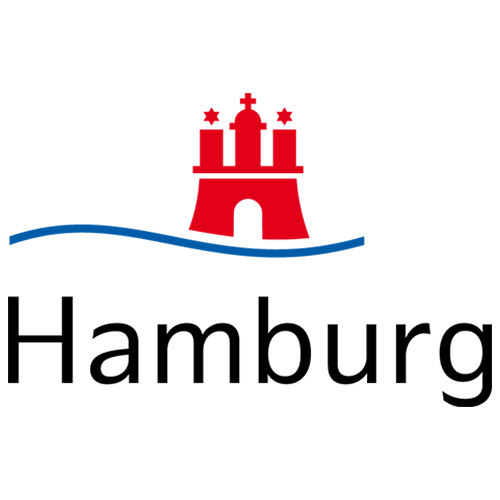
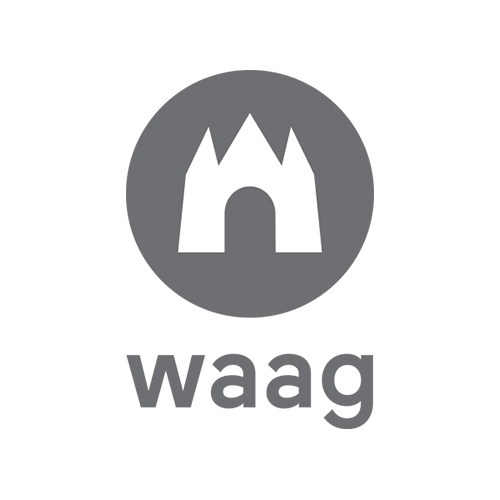
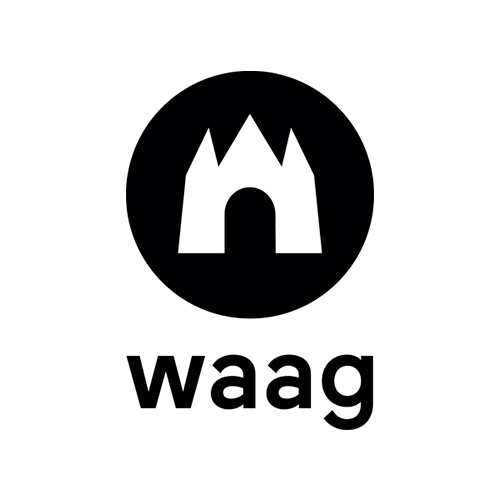
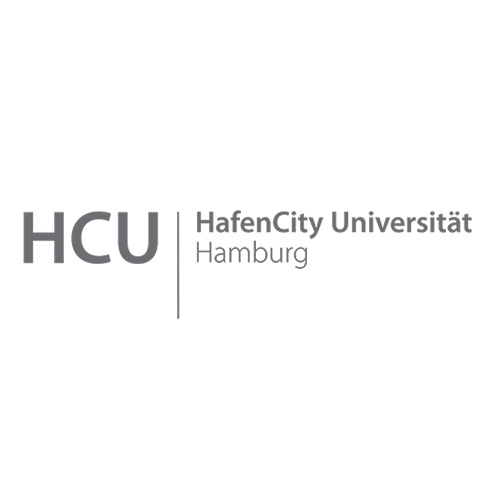
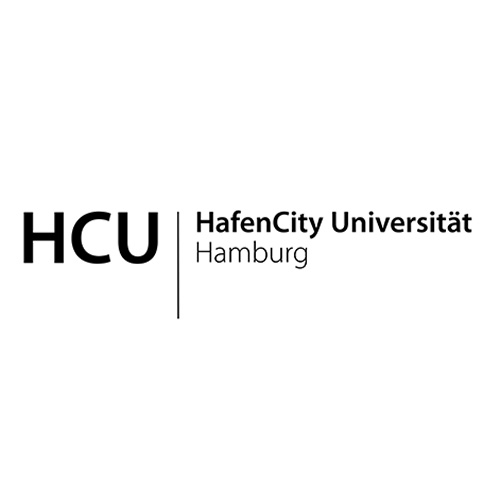
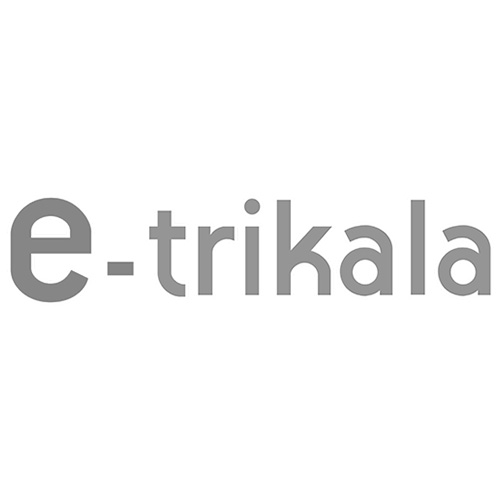
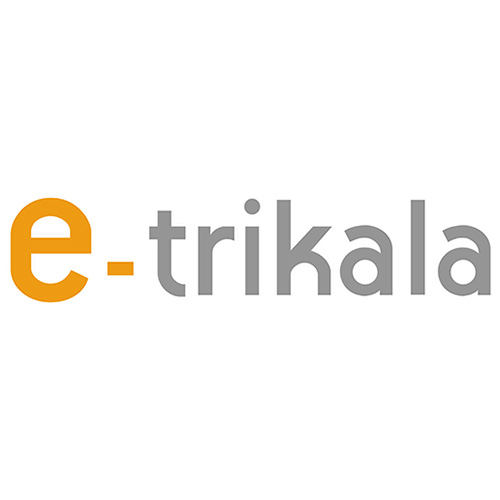




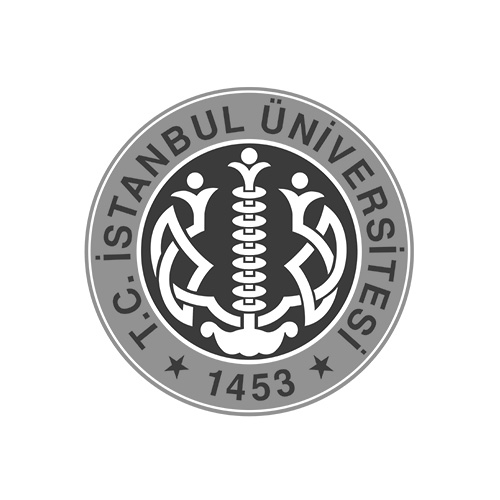
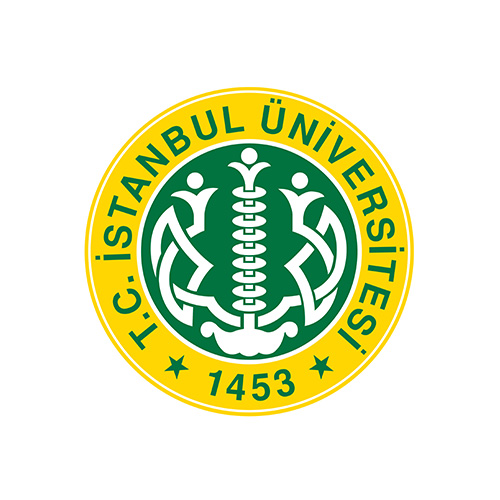


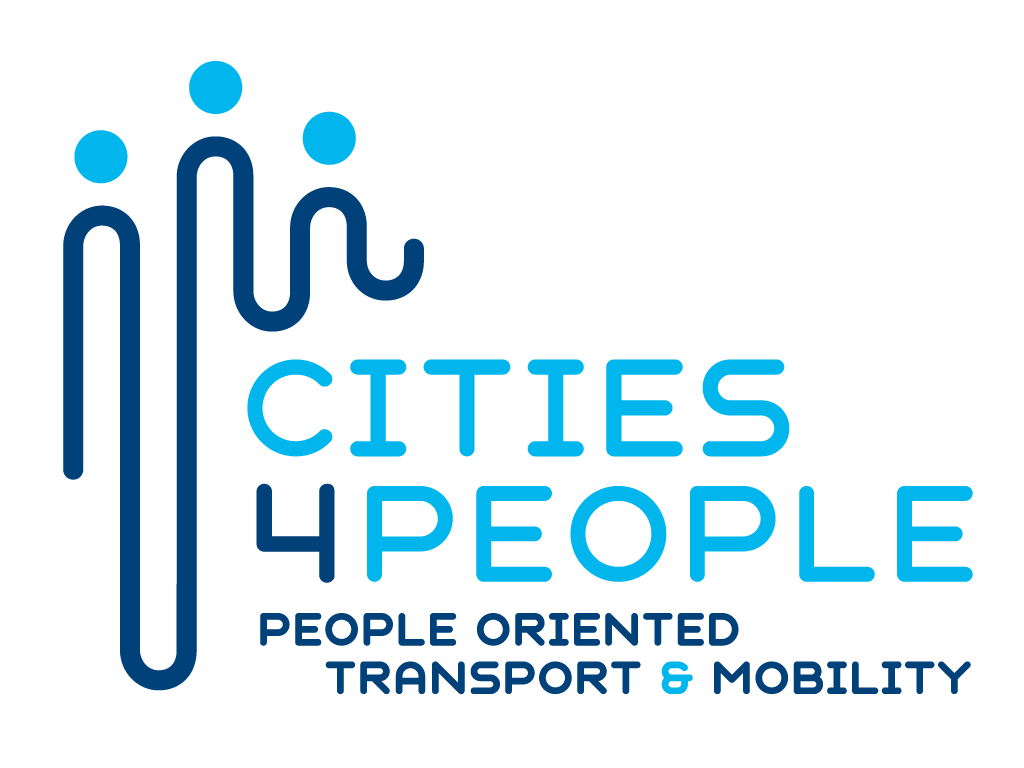
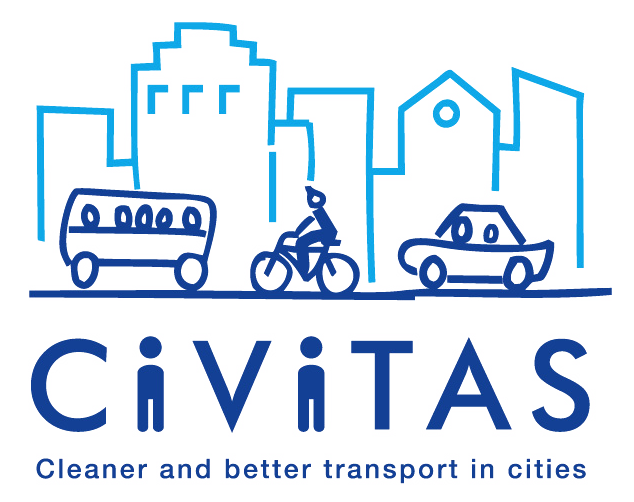


 English
English Magyar
Magyar Ελληνικά
Ελληνικά Turkish
Turkish